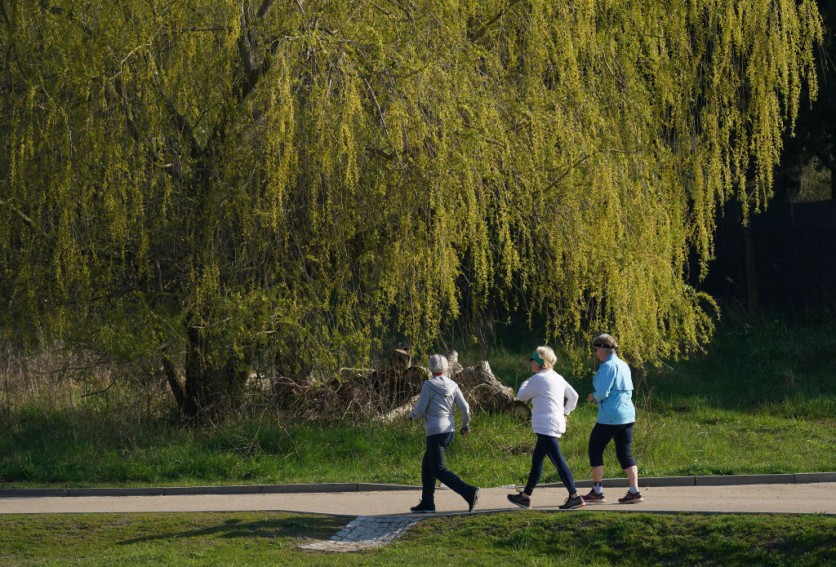The relationship between daily steps, health, and lifespan has been the subject of extensive research by the University of Granada. For the first time, this study has objectively identified the optimal number of steps to optimize health benefits and underscores brisk walking.
The research debunks the idea that 10,000 steps a day are necessary, a 1960s Japanese concept that lacks scientific evidence. Instead, the research suggests we should focus on reducing the risks of heart disease and shows notable benefits around 7,000 steps.
According to University of Granada research, people may greatly lower their chance of dying young by aiming for 8,000 steps each day. This is a clear, evidence-based recommendation. With a human stride length of 76 cm for males and 67 cm for females, this suggested daily objective equates to around 6.4 kilometers of walking.

Get More Benefits By Walking Faster
Besides, the researchers explain the importance of walking speed. Walking at a quicker pace offers more benefits than slow ones, especially against heart diseases.
Most advantages become noticeable at 7,000 steps or beyond. This research, which was published this week in the esteemed "Journal of the American College of Cardiology," provides a conclusive response to the age-old query of how many steps one needs to take to achieve optimal health.
The study included researchers from Iowa State University (USA), the Universities of Granada and Castilla-La Mancha (Spain), and Radboud University Medical Center (Netherlands). It marks substantial progress in our grasping of physical activity's impact on health.
The lead author of this study, Francisco B. Ortega, who serves as a professor at the UGR Department of Physical Education and Sports, challenges the baseless assumption that 10,000 steps a day are vital for health. The research concluded that increased step counts are generally healthy, with no negative effects of excessive stepping, based on an extensive review of literature and meta-analysis data from twelve global studies covering over 110,000 people.
"In this study, we show that measurable benefits can be obtained with small increases in the number of steps per day and that for people with low levels of physical activity, every additional 500 steps improves their health. This is good news because not everyone can walk almost 9,000 steps a day, at least not at first, so you can set small, reachable goals and gradually make progress and increase the number of steps per day," according to the researchers, as quoted by ScienceDaily.
Regardless of the overall number of steps completed in a day, walking at a quicker speed has been shown to lower the risk of death. Counting steps using a wrist-based activity tracker, smartphone, or wristwatch produces results that are consistently close to suggested step objectives.
Ditch The All-or-Nothing Approach
According to Medical News Today, citing Harvard Medical School research, walking also boosts immunity, lowers breast cancer risk, counteracts weight-gaining genes, relieves arthritic pain, and reduces chocolate cravings.
Moreover, fitness professionals often stress the value of setting small, attainable goals, like walking 1,000 steps a day and building from there. This approach encourages people to start where they are and gradually increase their daily step count.
"Don't psych yourself out by having too high of a goal. If it's 10,000 steps, keep it to 1,000 to start. Something is better than nothing," according to Stephanie Mansour, a weight-loss coach, as quoted by Today.

ⓒ 2026 TECHTIMES.com All rights reserved. Do not reproduce without permission.




